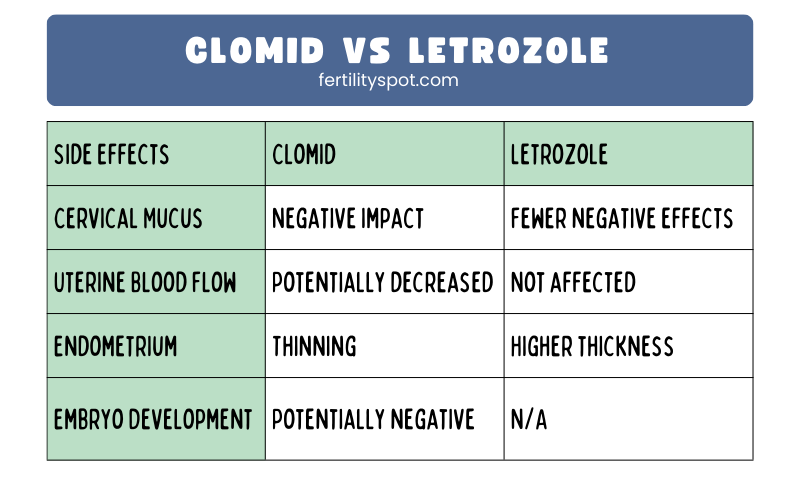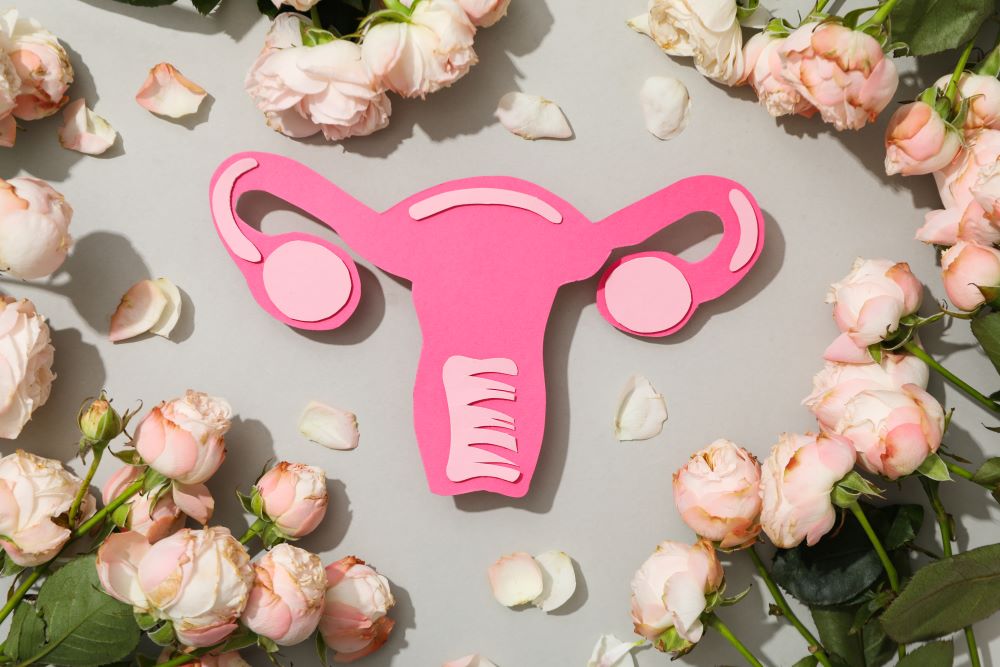BMI Calculator: What is the recommended BMI for IVF and IUI?
When it comes to fertility treatments, most experts suggest maintaining a BMI between 19 and 30 to optimize your chances. This range is generally considered conducive to healthier hormone levels and menstrual regularity, which are crucial for successful IVF.
This handy BMI calculator will help you quickly determine your Body Mass Index, giving you insights into whether you’re in the suggested ranges for fertility treatments like IVF.
BMI Calculator for IVF
BMI and IVF and other Fertility Treatments
Along your fertility path, there are lots of things to consider to ensure you’re giving yourself the best shot at success. One key aspect that often gets discussed is BMI, or Body Mass Index.
So, why is BMI important in IVF? Well, having a BMI that’s within a healthy range can really impact the effectiveness of your IVF treatments. Both very high and very low BMIs can interfere with hormone levels and other body functions related to fertility.
Now, before we go further, it’s important to note that BMI isn’t without its critics. Some argue that BMI is an outdated and overly simplistic measure that doesn’t account for muscle mass, bone density, overall body composition, and racial and sex differences. It’s a broad brush to paint with, so always take BMI results with a grain of salt and discuss them with your healthcare provider.
When it comes to fertility treatments, most experts suggest maintaining a BMI between 19 and 30 to optimize your chances. This range is generally considered conducive to healthier hormone levels and menstrual regularity, which are crucial for successful IVF.
Now, if you’re like me and love a good DIY approach, you might want to keep track of your BMI. That’s why I’ve put together a simple way to calculate your BMI. Just remember, BMI is a quick check, not a definitive measure of health. Always chat with your healthcare provider for the best personal advice.
Here’s how you can calculate your BMI: You’ll need to know your weight in kilograms and your height in meters. Then, the formula to find your BMI is your weight divided by your height squared.
Why not make it easier? I’ve whipped up a handy little tool above where you can just punch in your numbers, and voilà, it tells you your BMI!
Remember, when you’re preparing for IVF, maintaining a healthy lifestyle is key. A balanced diet, regular physical activity, and adequate sleep are all part of the equation. And while BMI is a useful indicator, it’s just part of the bigger picture of your health.
For anyone walking the IVF path, I’m here cheering for you! Keep nurturing your body and mind. And for any questions or to share your journey, drop a comment below – I love hearing from you!






Responses